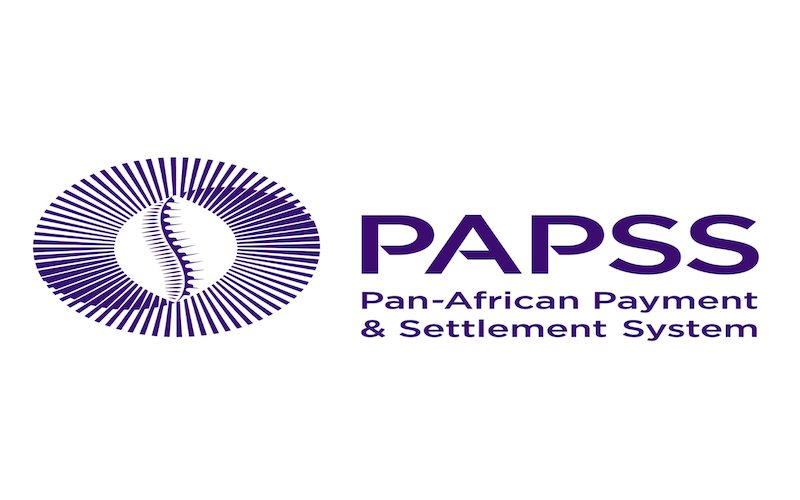The Challenge of Cross-Border Payments in Africa
For many small and medium-sized enterprises (SMEs) across Africa, expanding beyond their home country has always come with a major challenge: payments. Traditionally, making or receiving payments across African borders is slow, expensive, and often dependent on foreign currencies like the U.S. dollar or the euro. This reliance on external currencies increases transaction costs, adds unnecessary complexity, and discourages trade between African countries.
However, a new system is changing this reality. The Pan-African Payment and Settlement System (PAPSS), launched by the African Export-Import Bank (Afreximbank), is a groundbreaking initiative designed to simplify and accelerate cross-border transactions within Africa.
What is PAPSS?
PAPSS is a centralized financial infrastructure that enables instant and secure cross-border payments across African countries using local currencies. It eliminates the need for businesses to convert their local currency into dollars or euros before making payments to another African country. Instead, PAPSS allows direct transactions between businesses and individuals within the continent, reducing costs and improving trade efficiency.
The system was officially launched in January 2022 and is backed by the African Continental Free Trade Area (AfCFTA) as part of efforts to boost intra-African trade.
How Does PAPSS Work?
Before PAPSS, an SME in Kenya trying to buy goods from a supplier in Ghana would typically need to:
- Convert Kenyan Shillings (KES) into U.S. dollars.
- Transfer the dollars through an intermediary bank, often outside Africa.
- The supplier in Ghana would then convert the dollars into Ghanaian Cedis (GHS), incurring additional charges.
This process was costly, slow, and inefficient.
With PAPSS, however, the payment system:
- Connects African banks, central banks, and financial institutions, allowing businesses to send payments directly.
- Enables real-time transactions, ensuring businesses get paid instantly or within minutes instead of waiting days.
- Reduces currency exchange costs by allowing businesses to pay in their local currency while the recipient gets paid in theirs.
Why is PAPSS a Game Changer for SMEs?
- Lower Transaction Costs
SMEs often struggle with high banking fees and currency conversion charges when making international payments. PAPSS eliminates the need for third-party intermediaries, reducing costs and making cross-border trade more affordable. - Faster Payments, Better Cash Flow
Traditionally, payments between African countries could take days or even weeks to process. PAPSS allows instant or same-day settlements, meaning SMEs get their money faster, improving cash flow and business operations. - Elimination of Foreign Exchange Risks
Since businesses can trade in their local currency, they are not affected by exchange rate fluctuations that often make international trade unpredictable. This stability helps SMEs plan better and grow their businesses with confidence. - Financial Inclusion for Small Businesses
Many SMEs, especially in rural areas, struggle to access international banking systems. PAPSS integrates with banks and mobile money services, ensuring even the smallest businesses can participate in intra-African trade. - Encourages Intra-African Trade
Africa is one of the least integrated regions when it comes to internal trade, with intra-African trade making up only about 16% of total trade compared to 68% in Europe and 59% in Asia. PAPSS removes financial barriers, making it easier for SMEs to find new suppliers and customers across the continent.
What Does This Mean for SMEs in Practical Terms?
Imagine you are a fashion entrepreneur in Uganda who sells handmade clothing and accessories. Previously, if you wanted to sell to customers in Nigeria or South Africa, you had to deal with long payment delays and expensive transfer fees, sometimes discouraging customers from purchasing.
With PAPSS, a Nigerian customer can pay you directly in Naira, and you will receive the equivalent amount in Ugandan Shillings instantly. This convenience allows you to grow your business and tap into new markets effortlessly.
How SMEs Can Start Using PAPSS
PAPSS is currently being adopted by banks and financial institutions across Africa. To use PAPSS for your business:
- Check if your bank or mobile money provider is connected to PAPSS and inquire about how to enable cross-border payments.
- Talk to your suppliers and customers in different African countries about using PAPSS to simplify transactions.
- Stay updated on PAPSS adoption in your country by following Afreximbank and AfCFTA announcements.
A Future of Seamless Trade for SMEs
PAPSS is set to revolutionize how African businesses transact, making cross-border trade easier, faster, and more affordable. For SMEs, this is a golden opportunity to scale beyond borders, reach new markets, and grow their businesses without the financial burdens of traditional banking systems.
As Africa moves towards economic integration through initiatives like AfCFTA, PAPSS will play a crucial role in unlocking the continent’s trade potential. Now is the time for SMEs to embrace this change and position themselves for success in the future of African commerce.








Leave a Reply